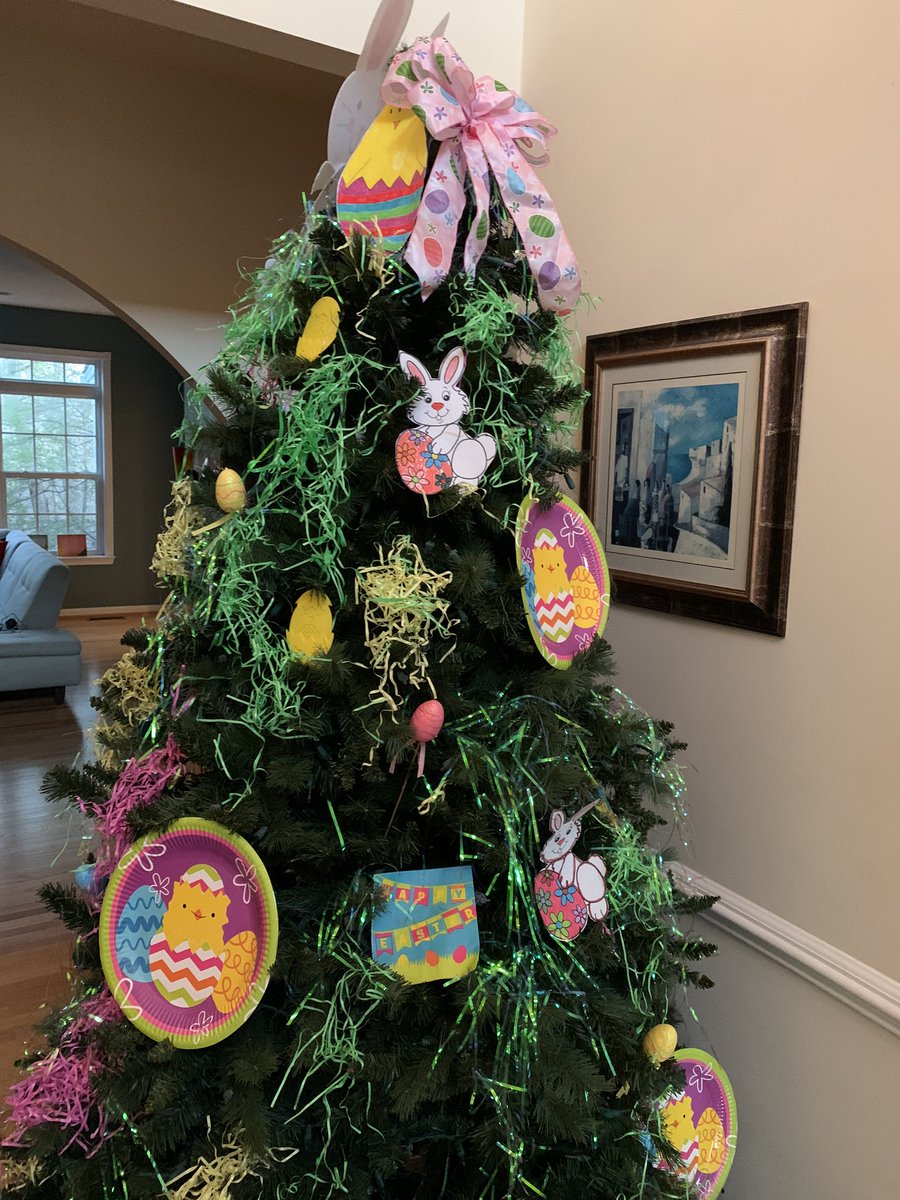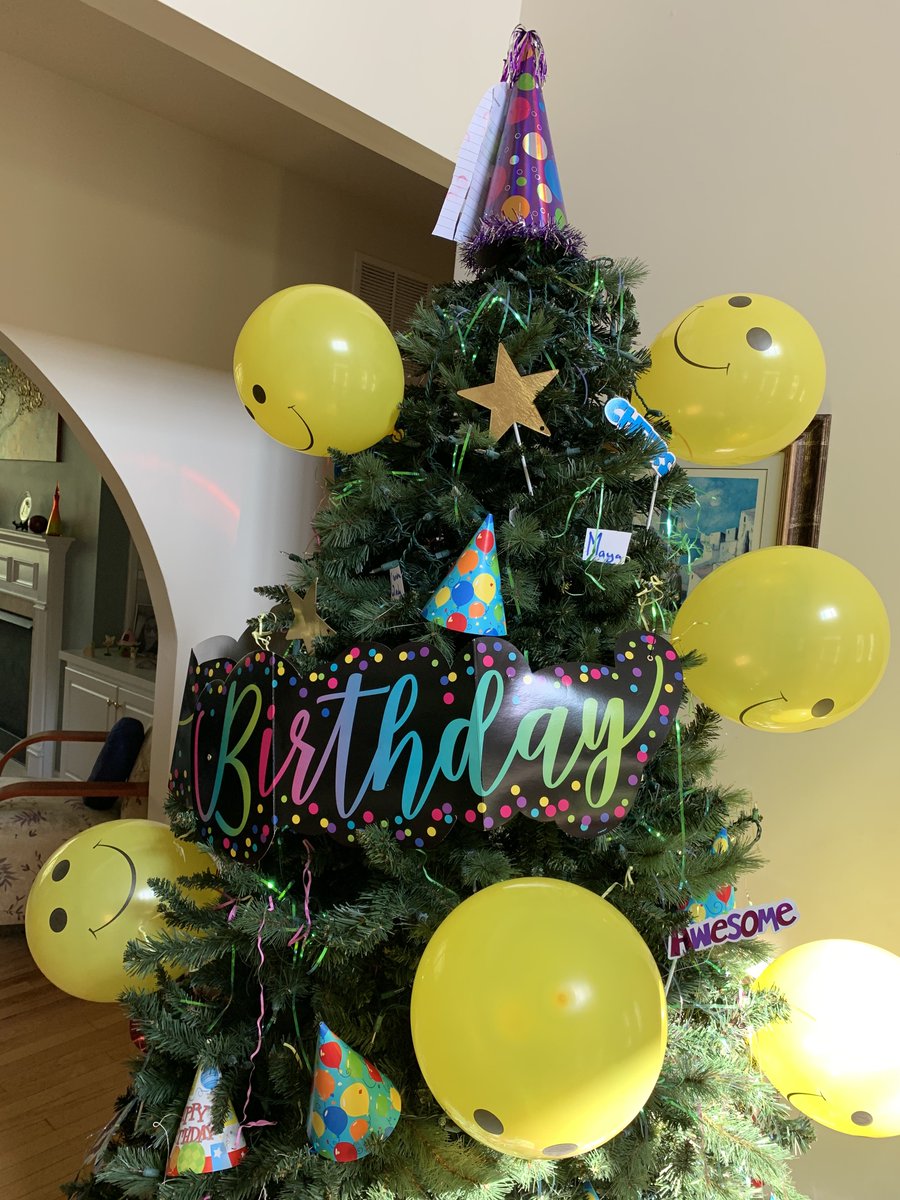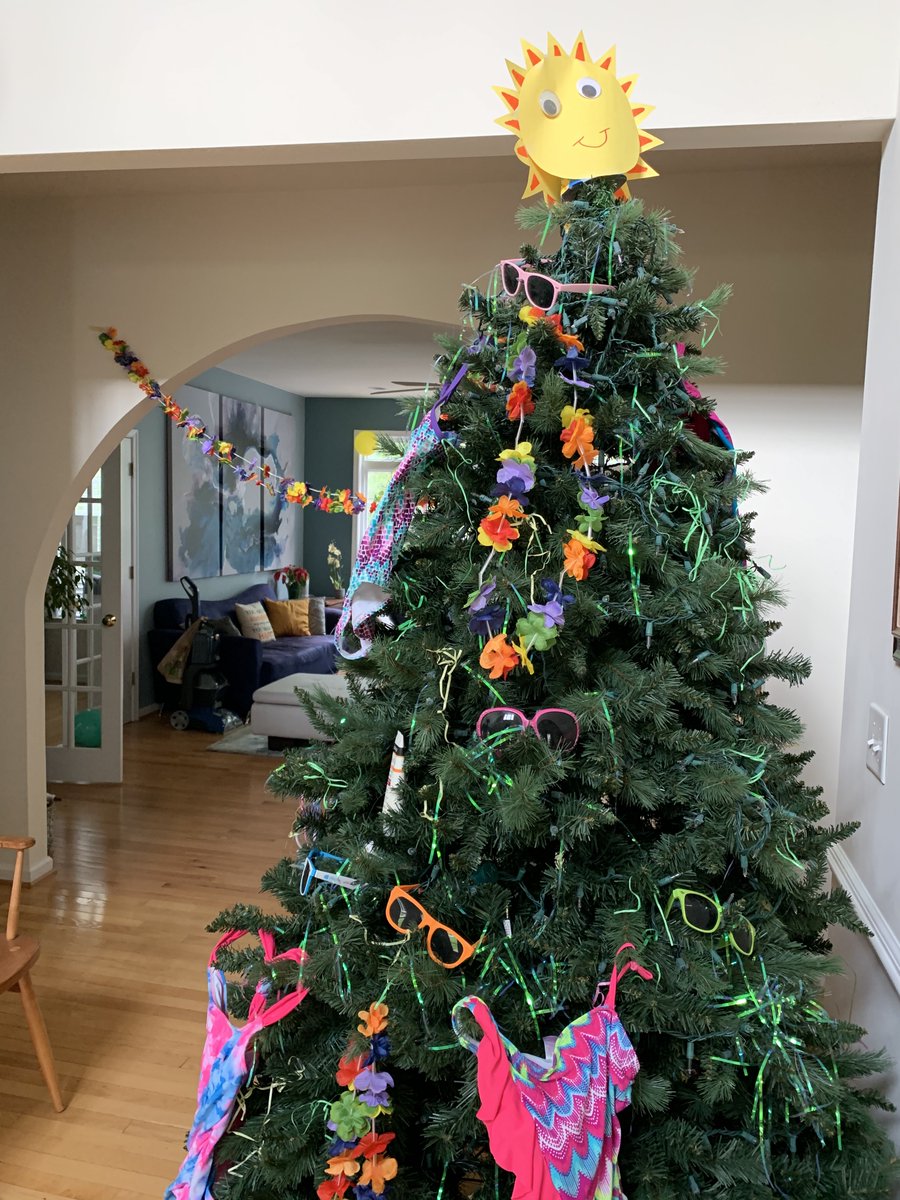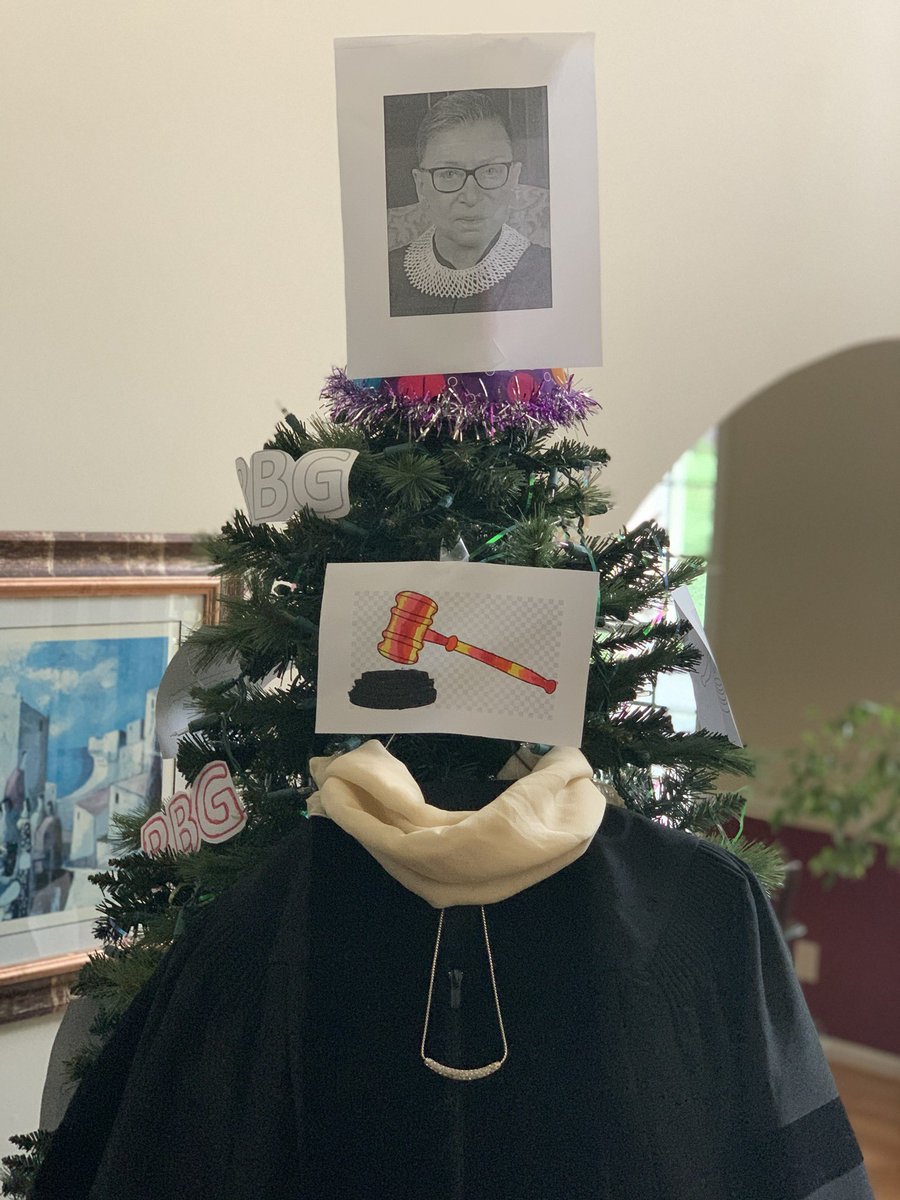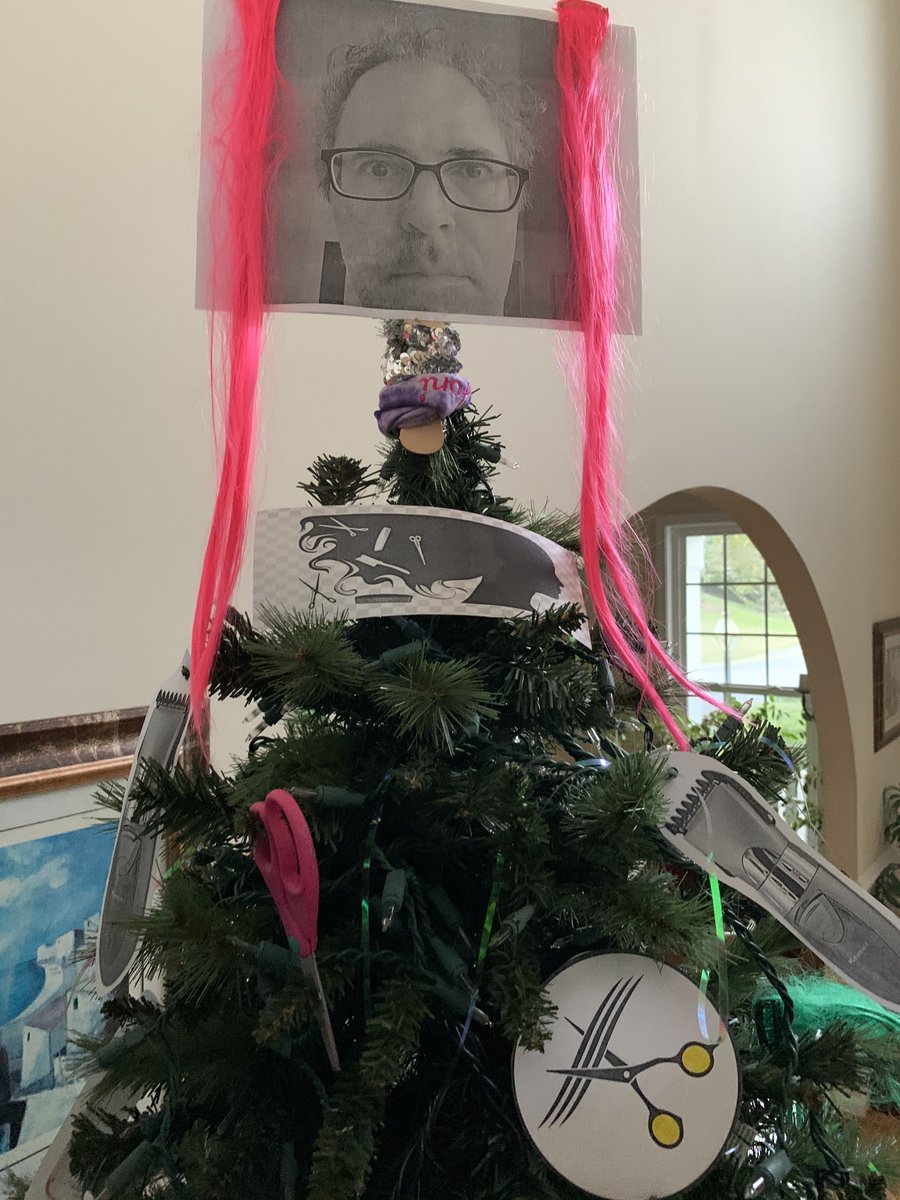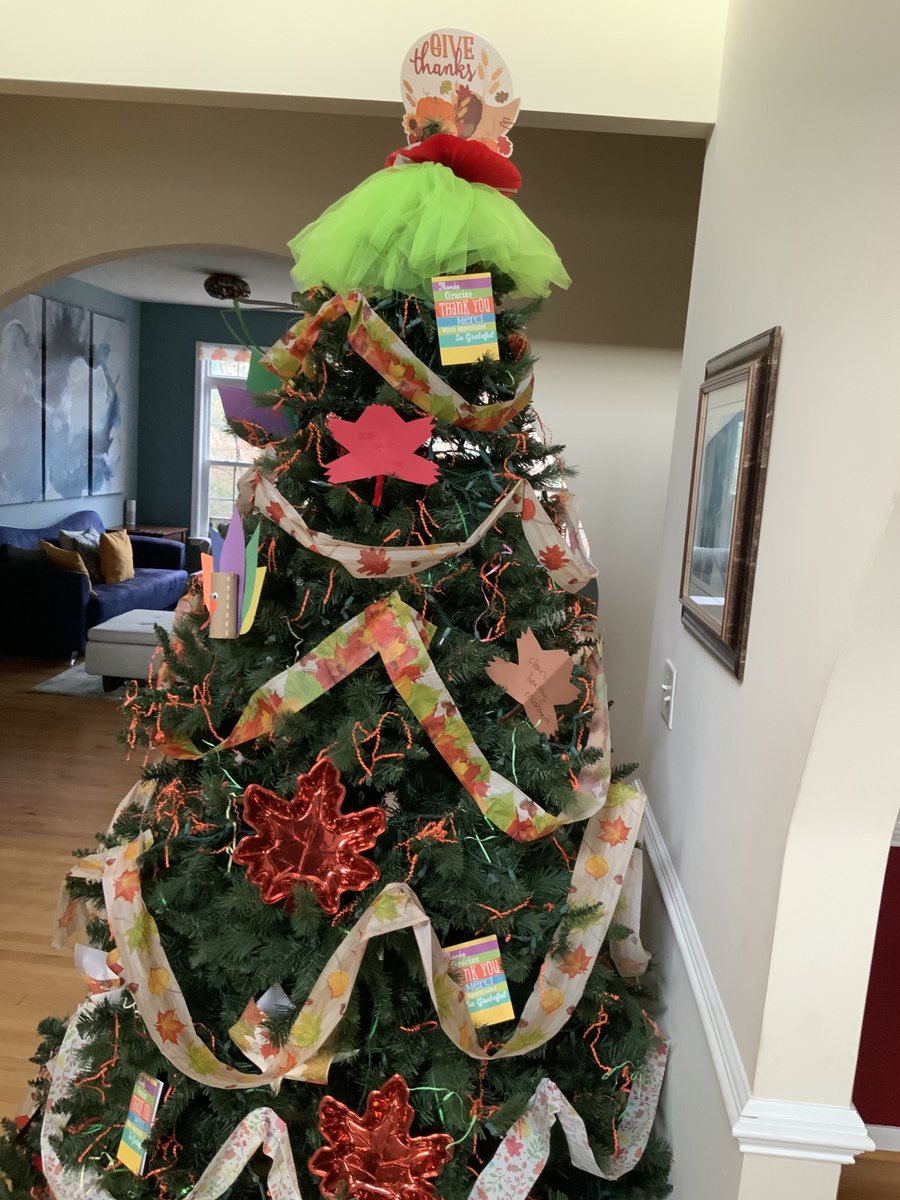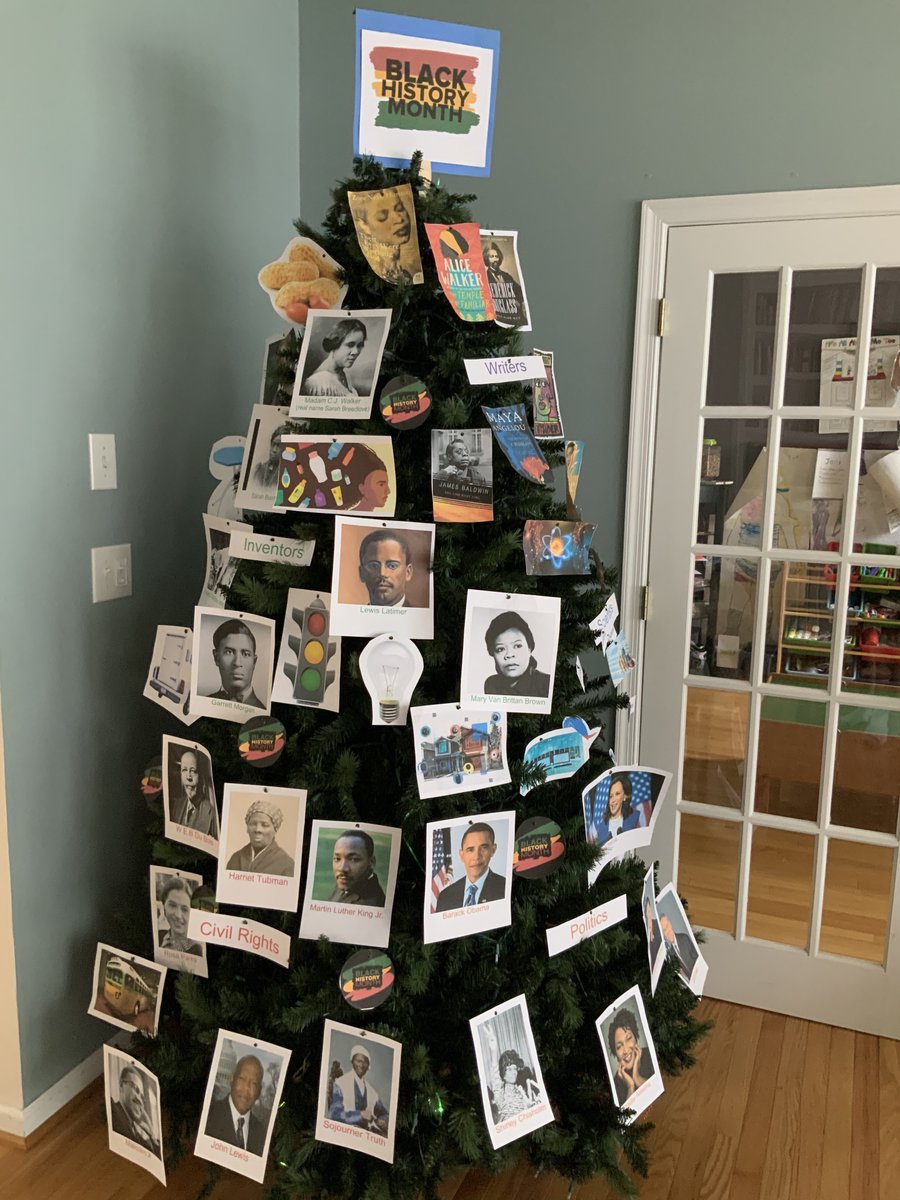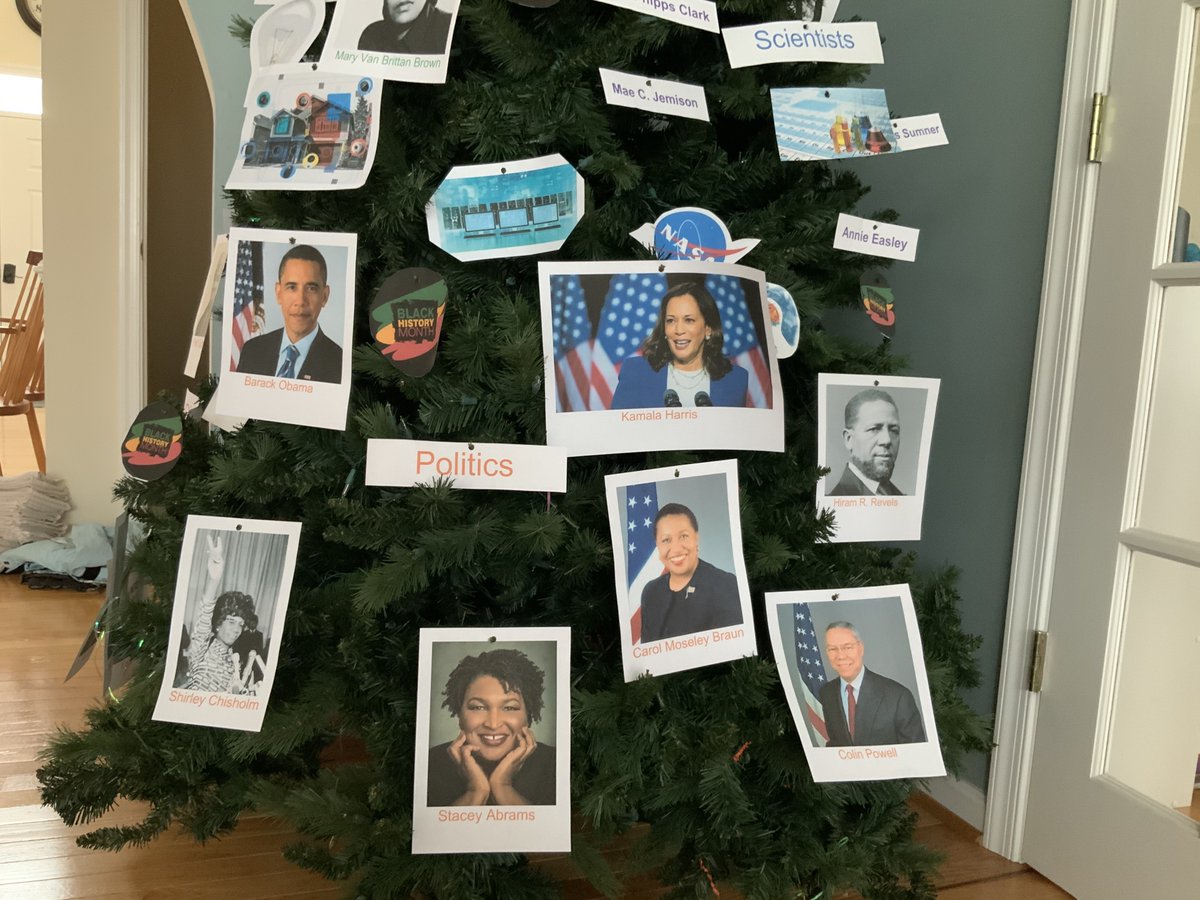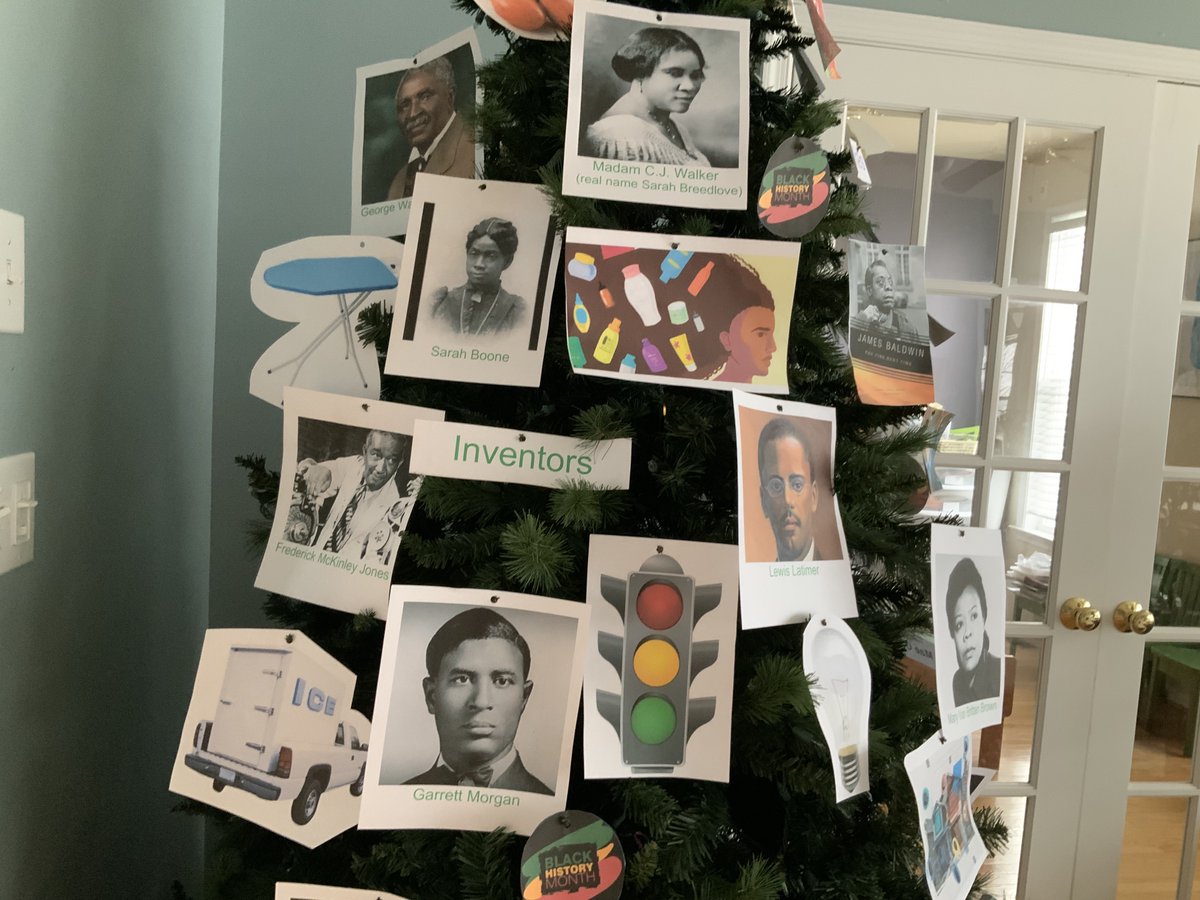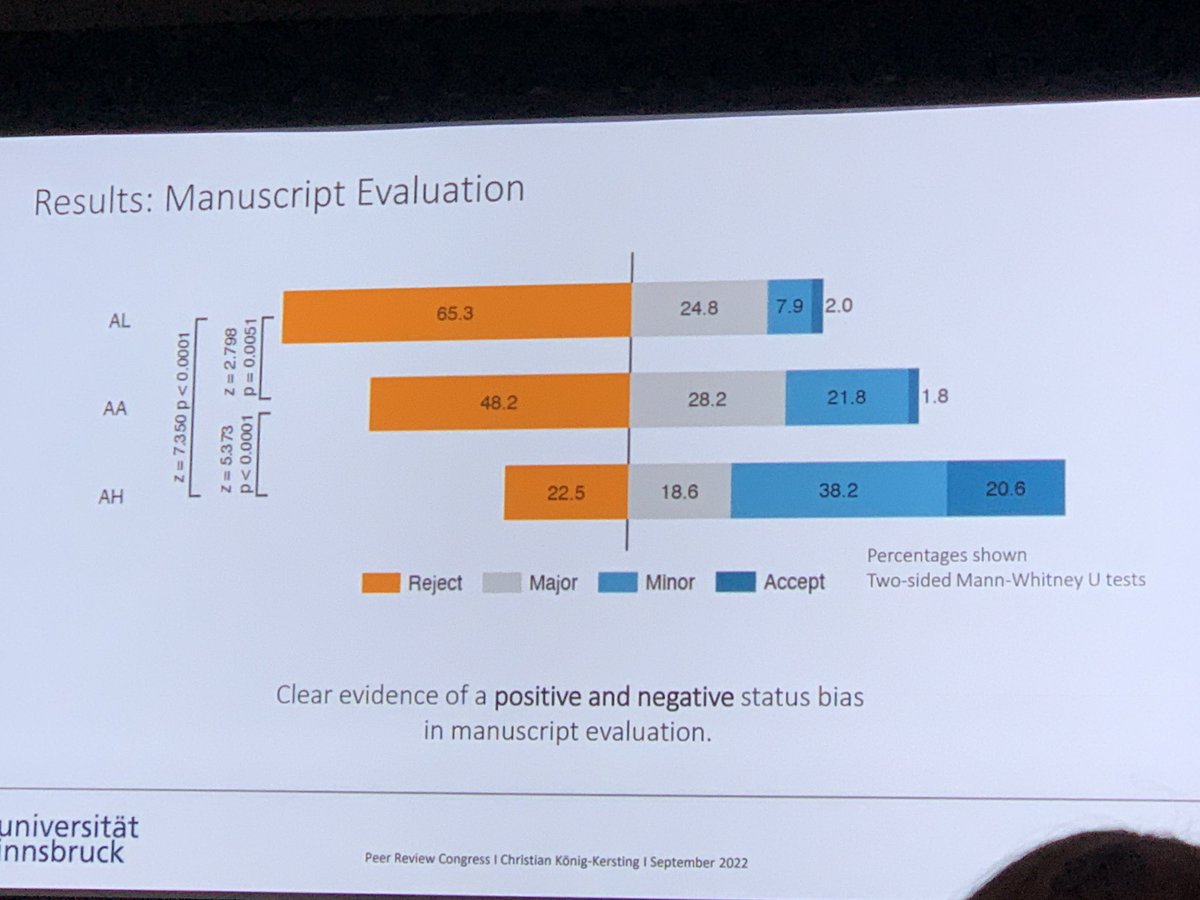My Jewish spouse loves Christmas. Okay, fine, who doesn’t?
Converting to a “Valentine’s tree” seemed a bit excessive.
Came home from a trip tonight. Dear god, how do I make it stop?
Converting to a “Valentine’s tree” seemed a bit excessive.
Came home from a trip tonight. Dear god, how do I make it stop?
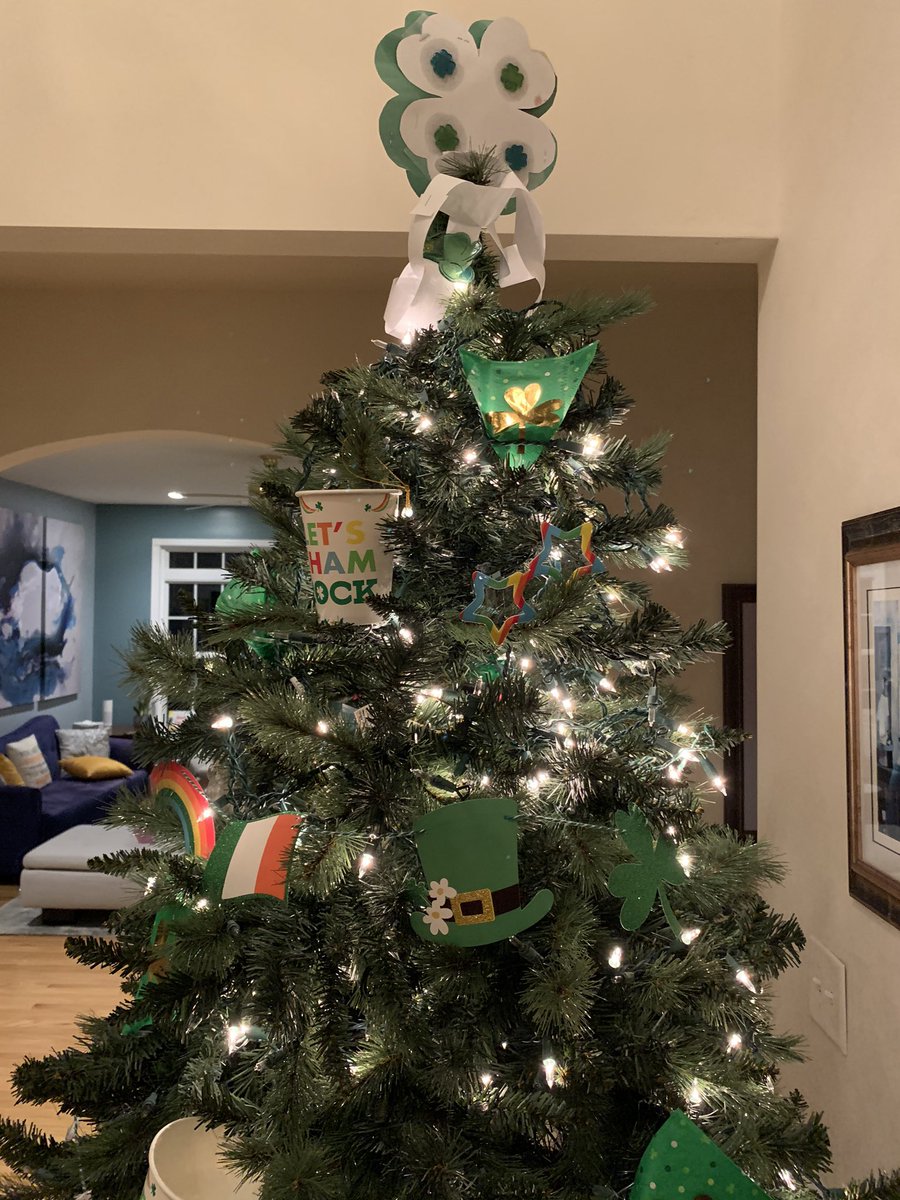
Came downstairs and the tree is transformed with whoopee cushions, fake(?) poop, and cockroaches all-over it.
I am stuck in the house with an April Fools Tree and the family members responsible for it.
I am stuck in the house with an April Fools Tree and the family members responsible for it.

For completeness sake, here is the originating tree and her first bastardization of Christmas tree into a tree for every holiday. 

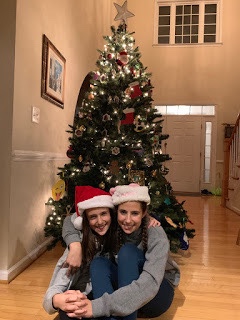
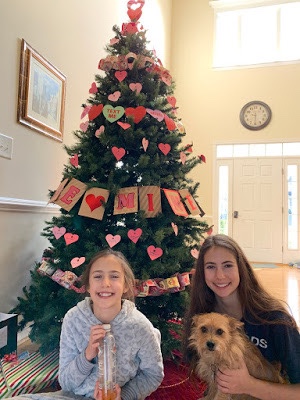
Her favorite housemate has a birthday coming up.
Yes, the tree topper is a portrait. Thanks for asking.
Yes, the tree topper is a portrait. Thanks for asking.
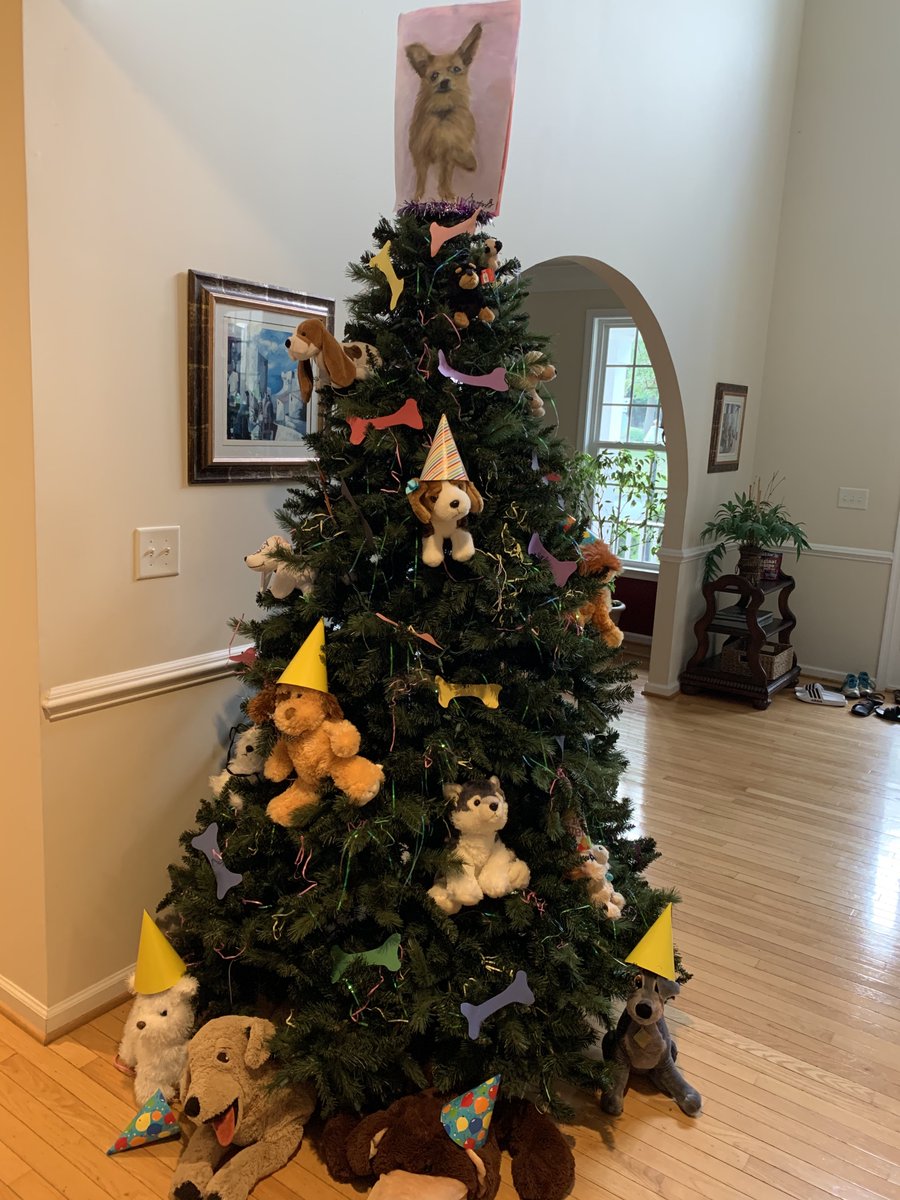
I have always found movies about existential dread of the inevitable to be more terrifying than jump-scares.
I think we all saw this one coming.

I think we all saw this one coming.
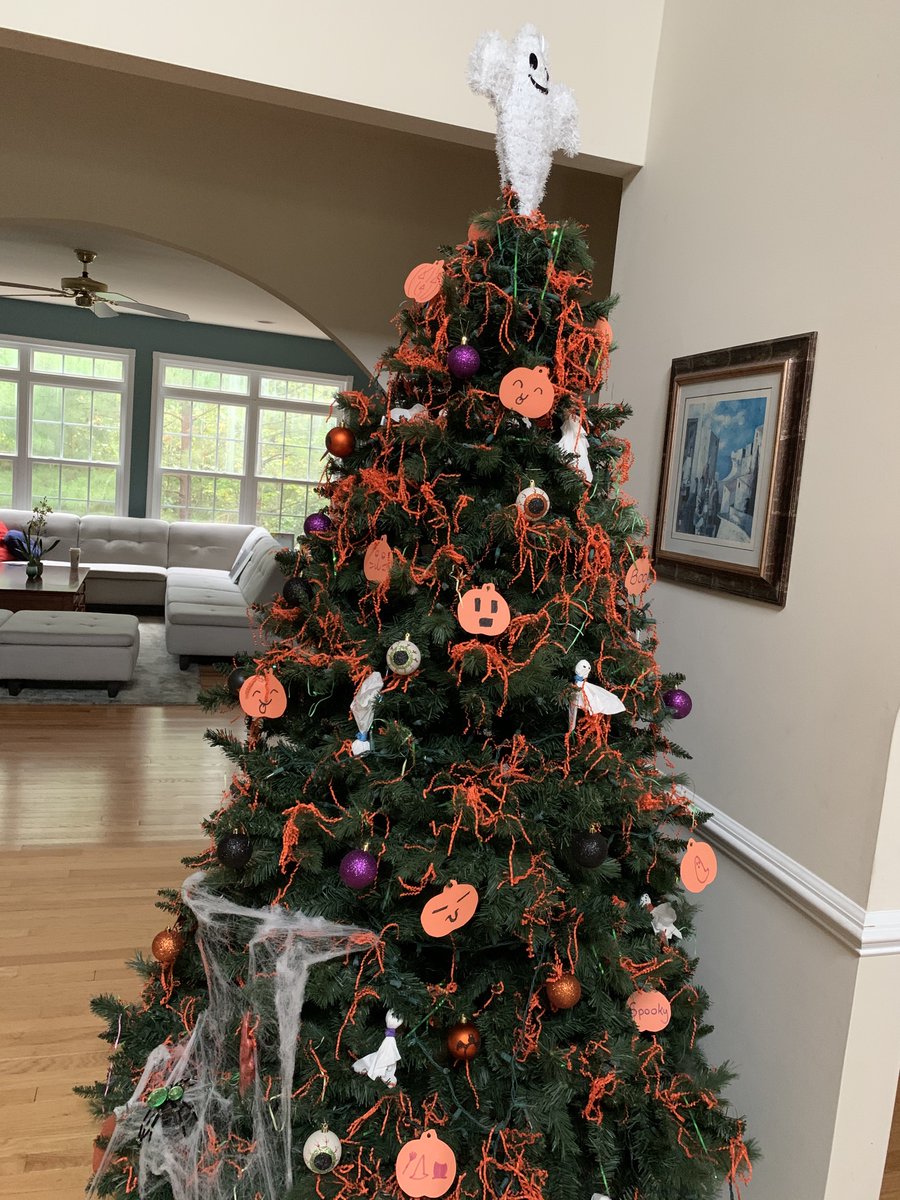
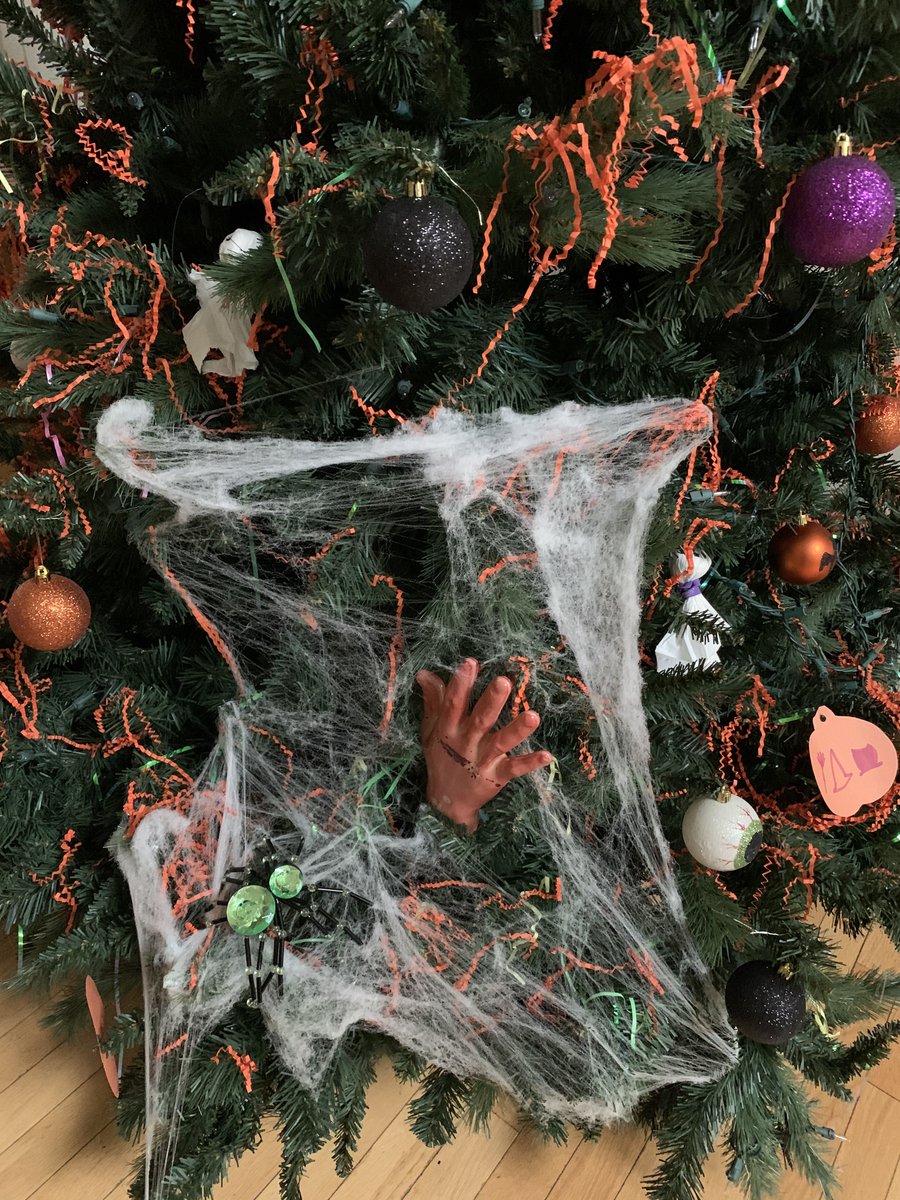
After the Thanksgiving tree went up, I let my guard down thinking that there's only one holiday left. I didn't account for the other daughter's birthday. 

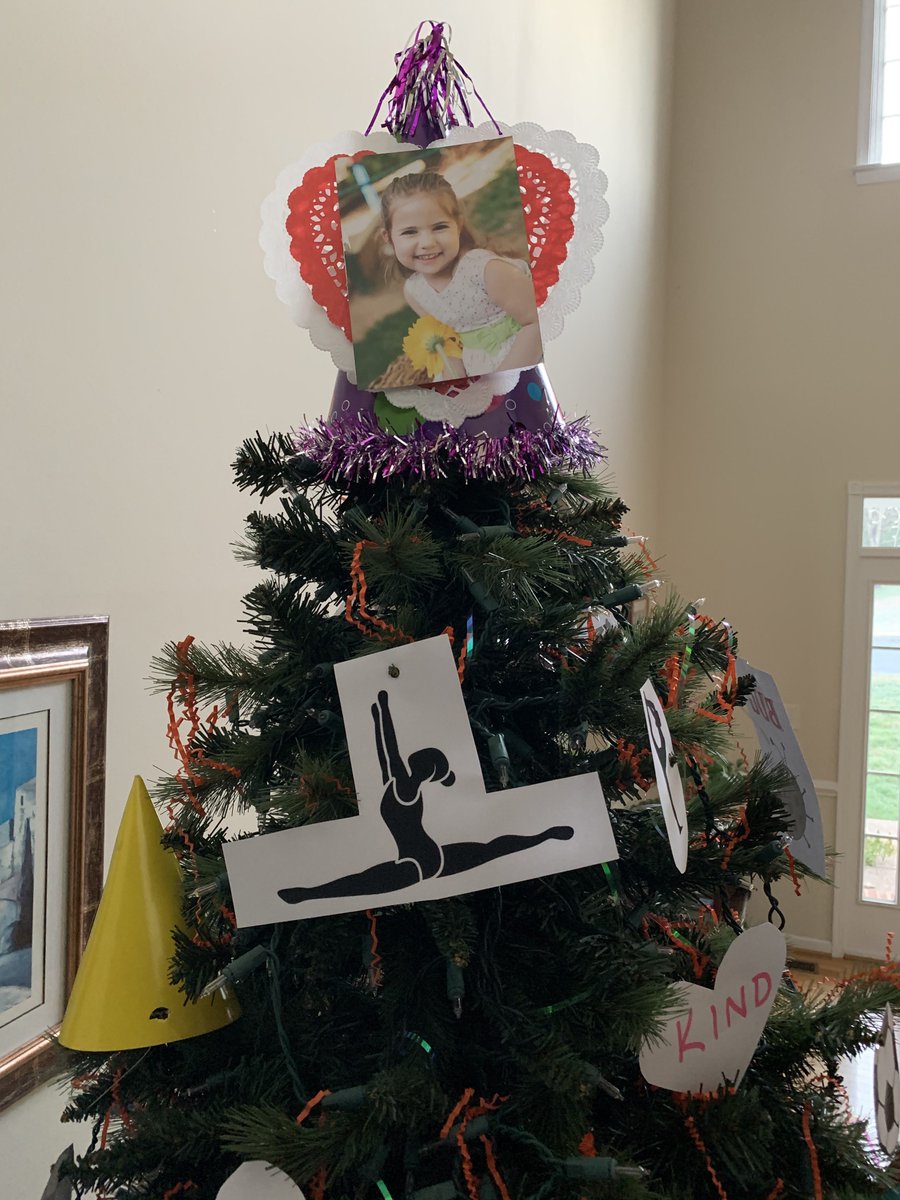
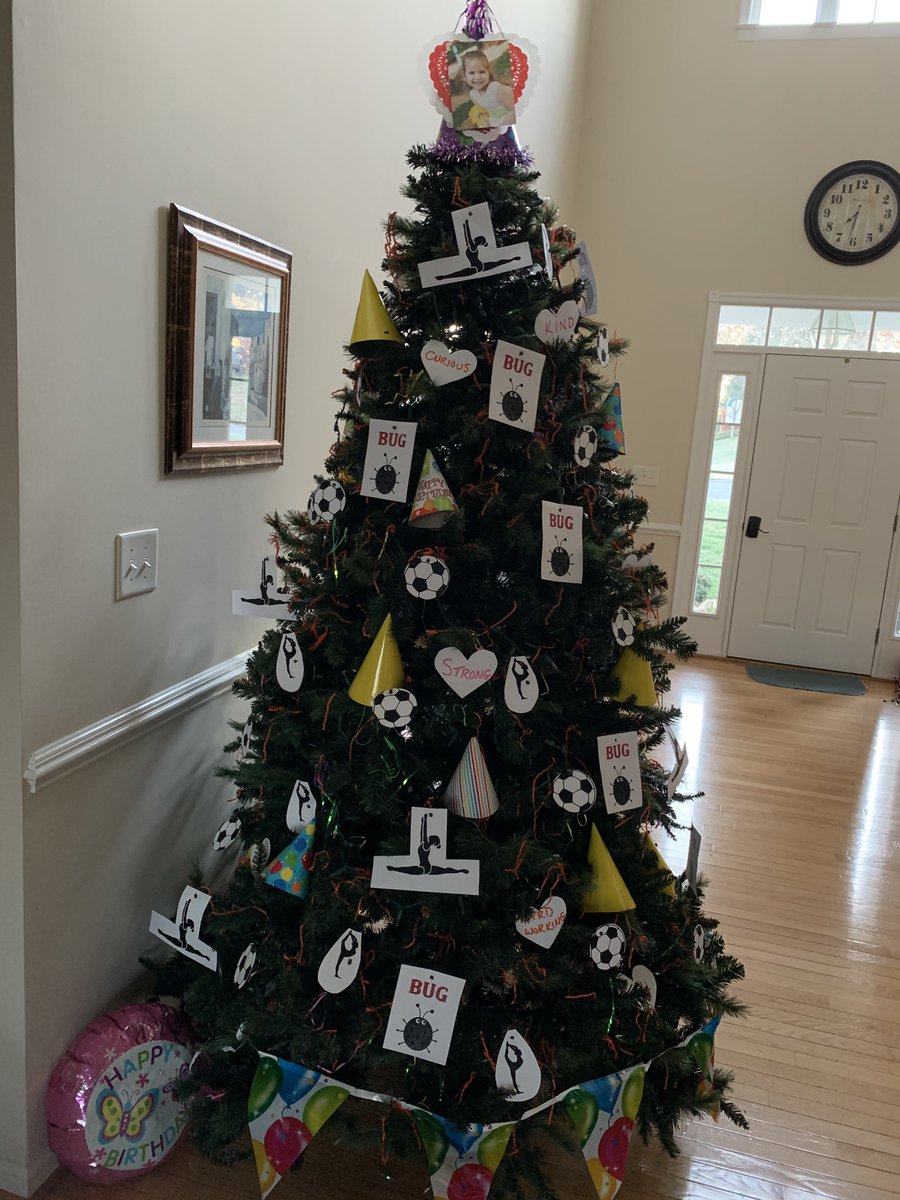
What in the fresh hell.
This is supposed to be the end. It’s expanding.
Even replication has turned against me in 2020.
My house is 15% tree.


This is supposed to be the end. It’s expanding.
Even replication has turned against me in 2020.
My house is 15% tree.
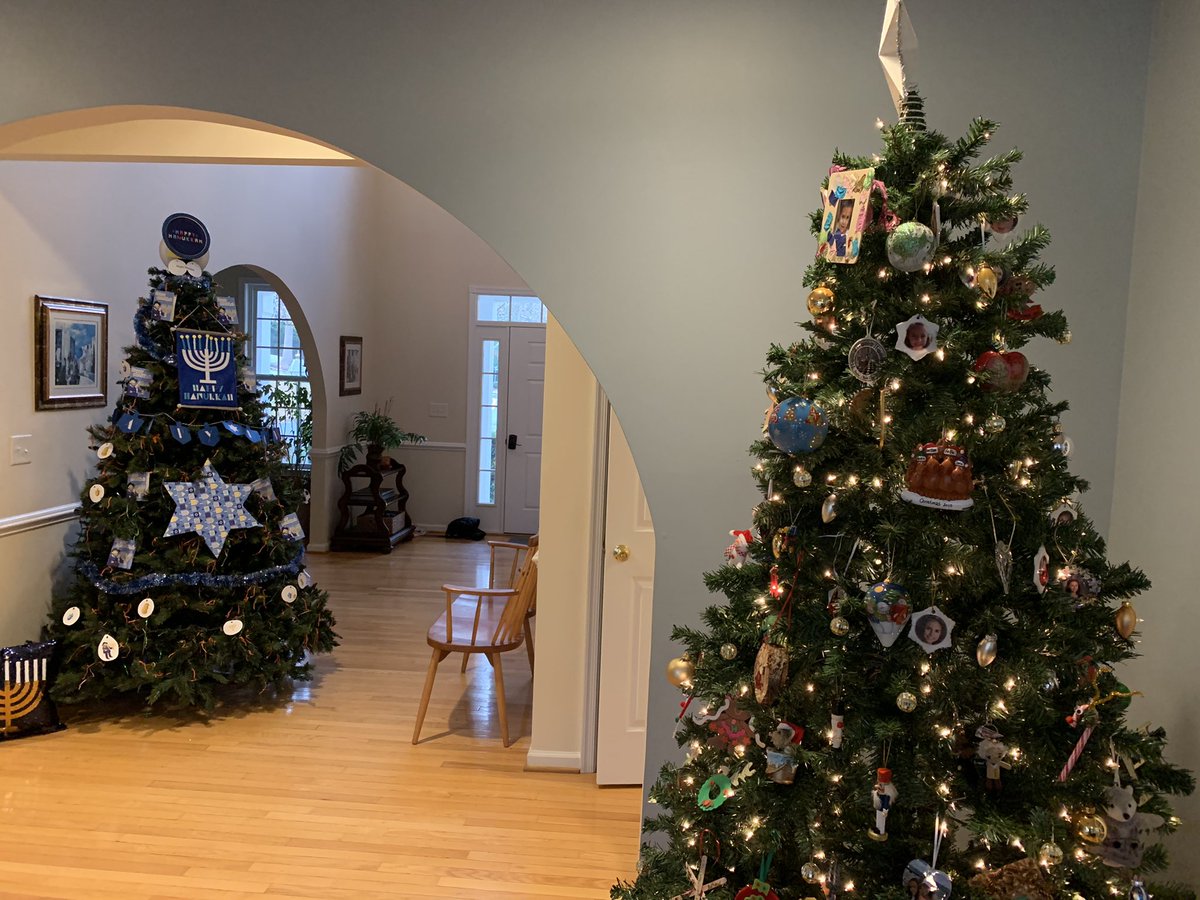


I wake up early. My spouse does not.
I sneak in the dark to protect her sleep.
My spouse set spiny traps that had me hopping in muffled pain every few steps all the way downstairs.
Imagine the extra horror when I discovered what they were.
What did I do to deserve this?
I sneak in the dark to protect her sleep.
My spouse set spiny traps that had me hopping in muffled pain every few steps all the way downstairs.
Imagine the extra horror when I discovered what they were.
What did I do to deserve this?
I thank @courtneybrubin for not mentioning anything about tree decorating. However, Bethany's ethos does still come through in her quotes and advice giving me some worry of spontaneous ideation. To those with a family member so "inspired," my apologies.
nytimes.com/2020/12/26/wel…
nytimes.com/2020/12/26/wel…
A fitting finale for 2020, but also for the tree? I dare not get my hopes too high for reclaiming my foyer in 2021. 

My current hypothesis is that, for Bethany, the tree represents "normal" and once she perceives that we are back to normal, it will be retired to its regularly scheduled holiday appearances. 





Oh no. Are we doing it again?
How do I get out of this loop? I already love her genuinely. Do I have to find a way to love the tree?

How do I get out of this loop? I already love her genuinely. Do I have to find a way to love the tree?
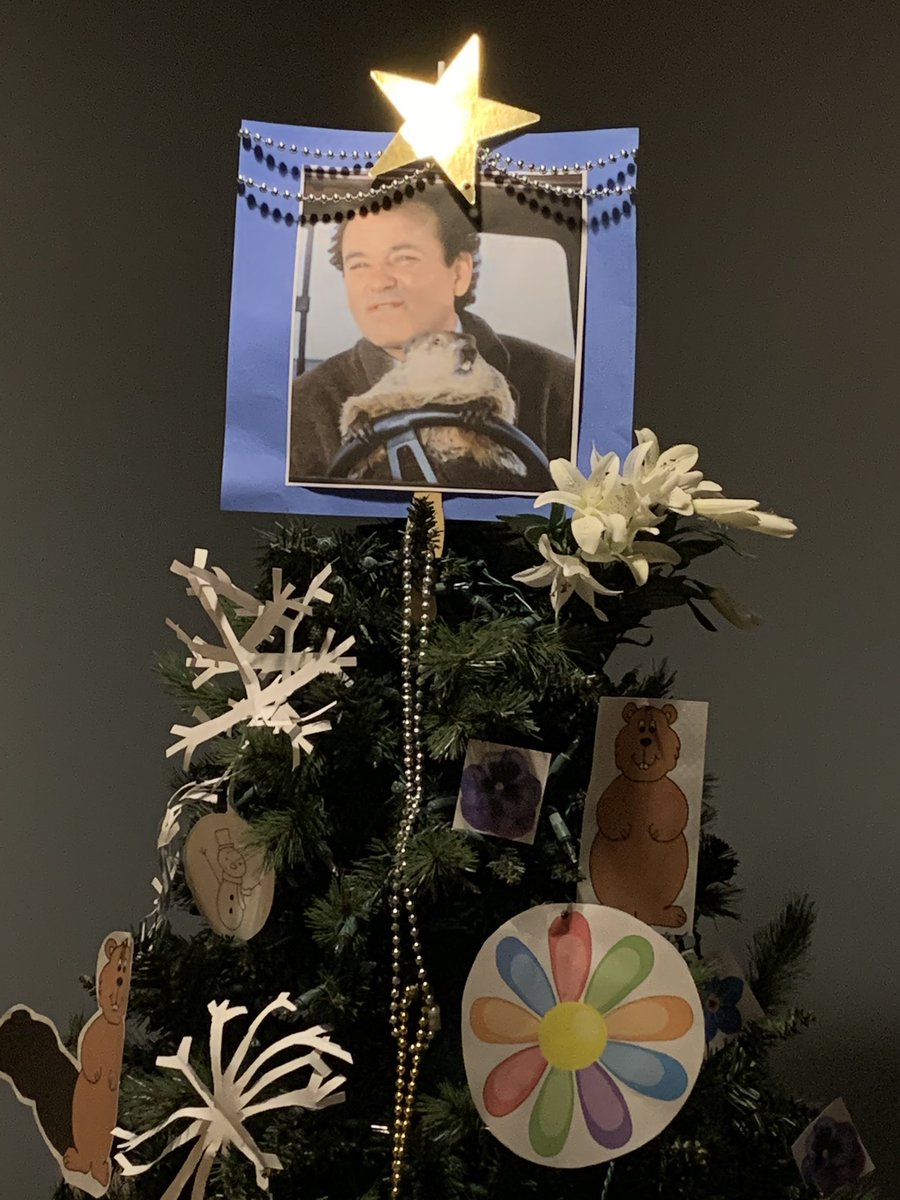
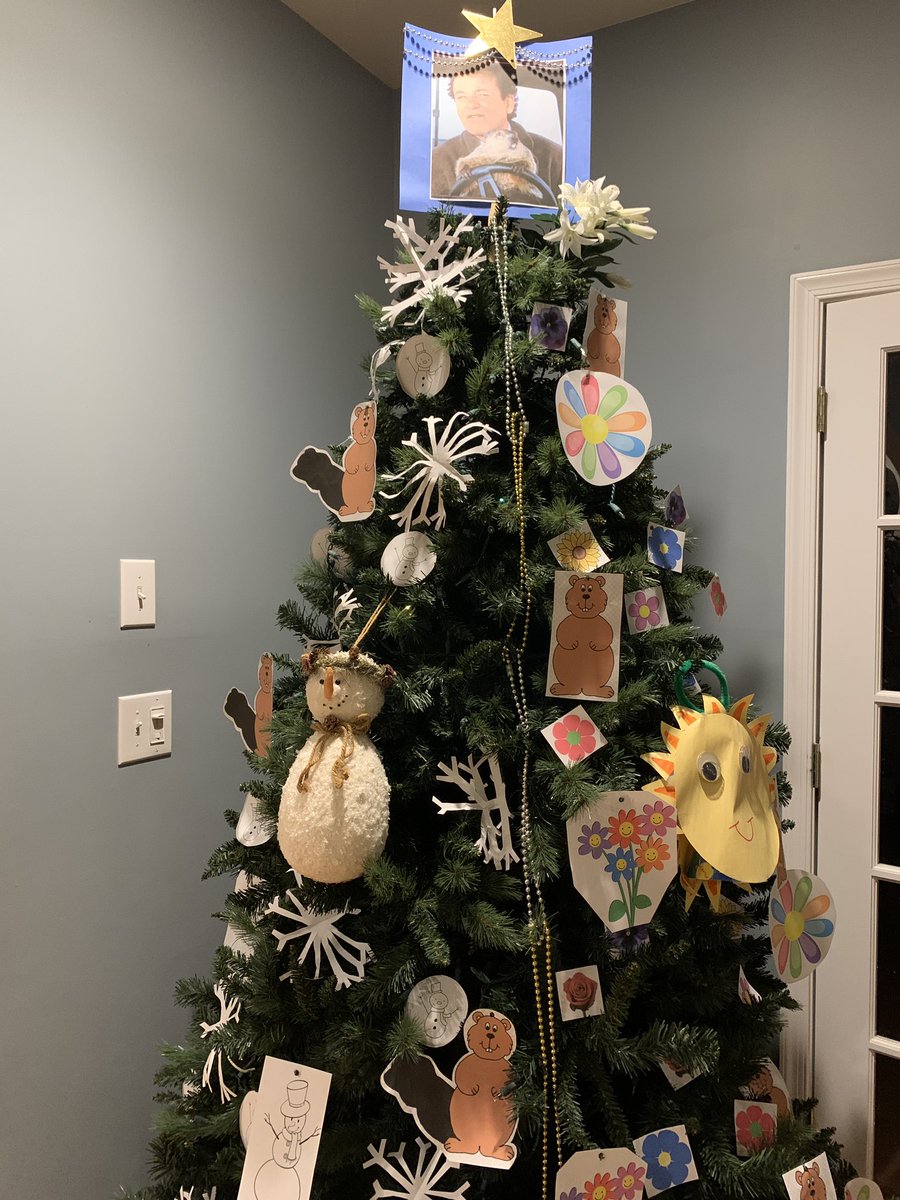
International Women's Day
With this new trend of featuring people on the tree, I estimate that every person in the world will have appeared after 107 more trees, or is it 10^7?

With this new trend of featuring people on the tree, I estimate that every person in the world will have appeared after 107 more trees, or is it 10^7?
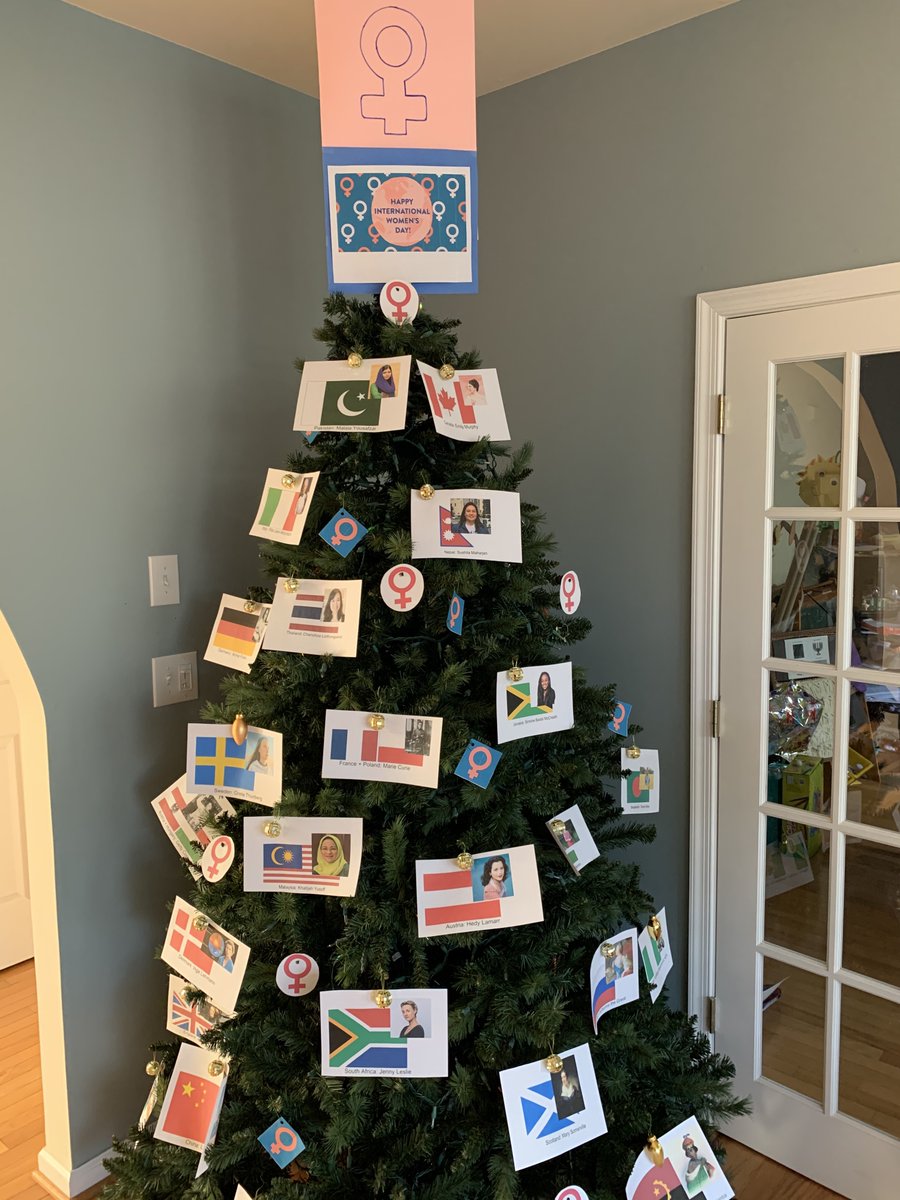

At what point can we conclude we have hit the nadir of the holiday tree? Celebrating National Napping Day has got to be close. 

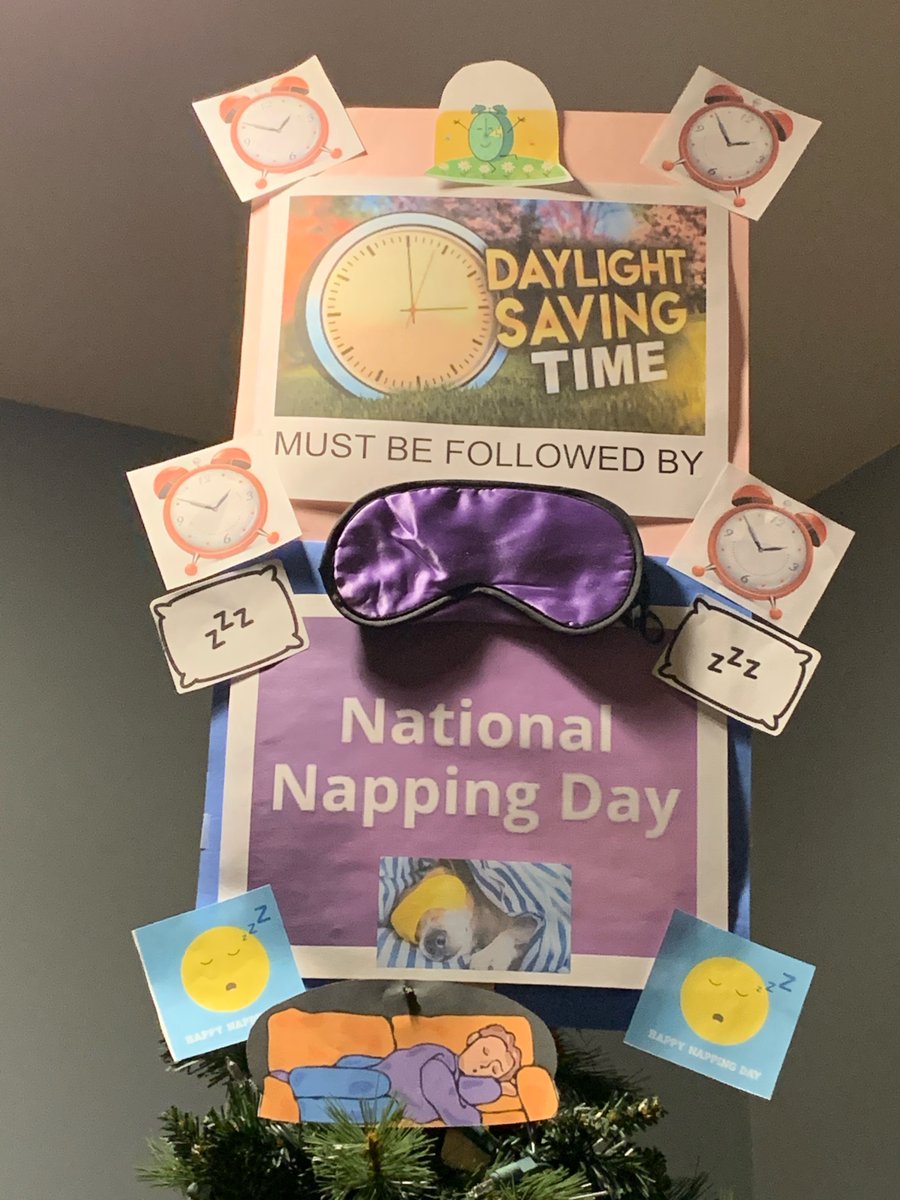
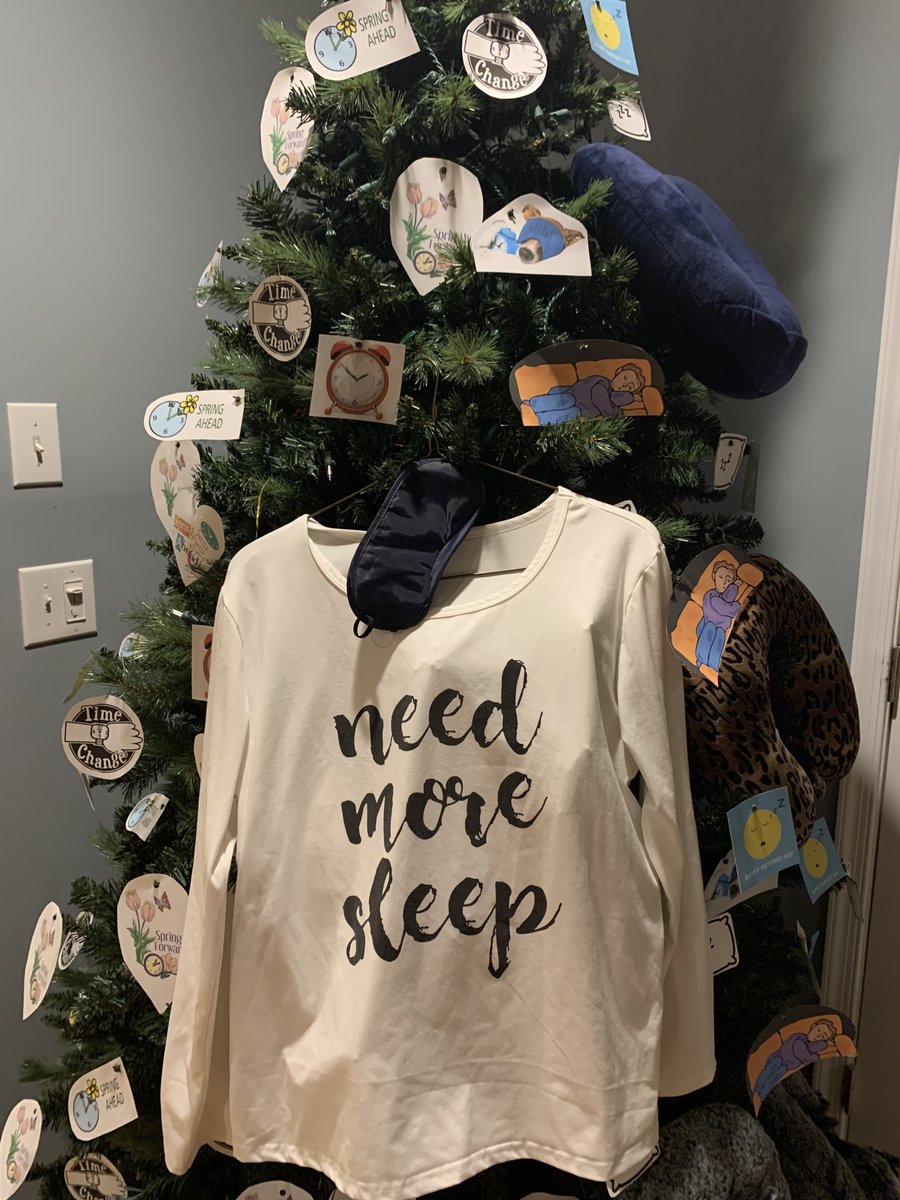
The Earth Day tree begat those terrifying mini trees and the memory of them assaulting my feet in the dark morning hours many moons (and trees) ago. 



The tree now is in its 2nd round of birthday celebrations. And, a hamster has joined the household. I am vaccinated, why is pandemic life still going the wrong direction? 

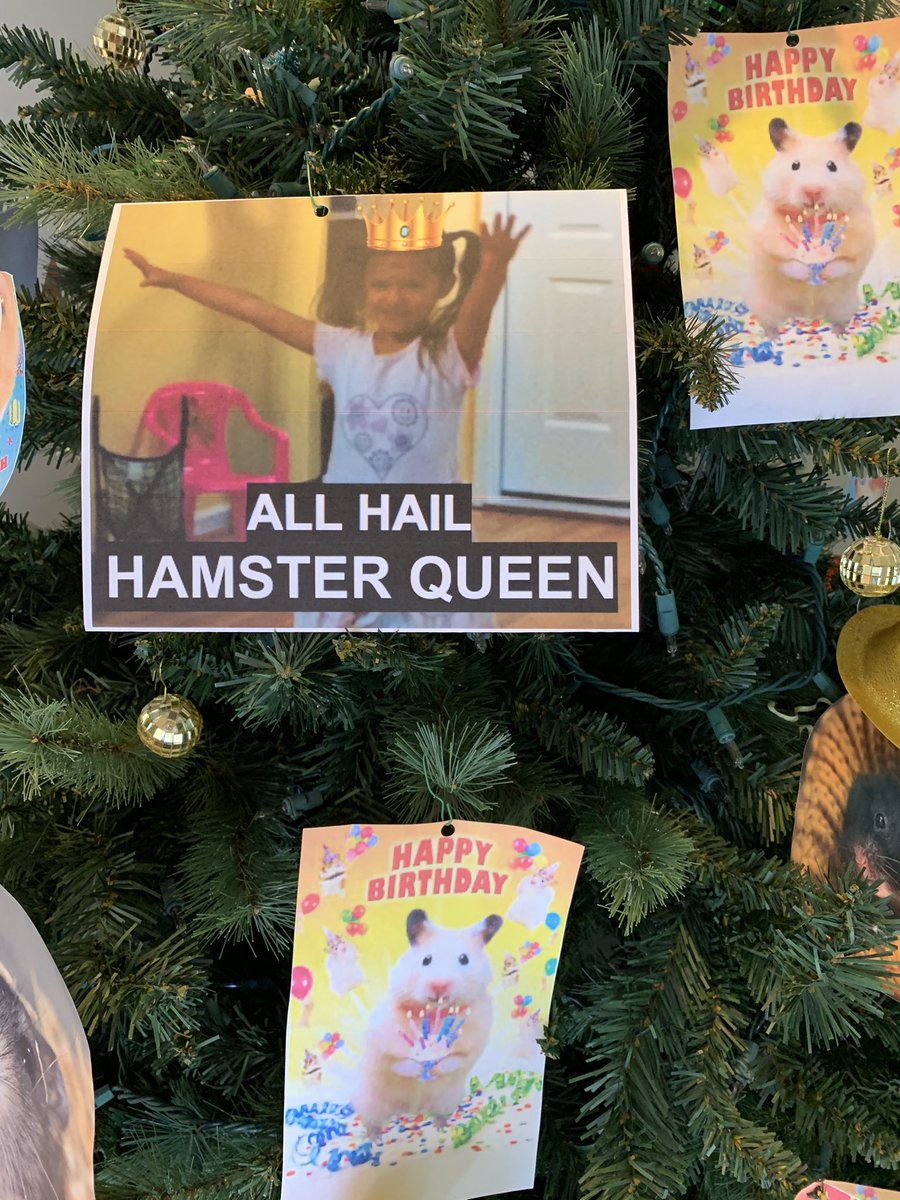

• • •
Missing some Tweet in this thread? You can try to
force a refresh

